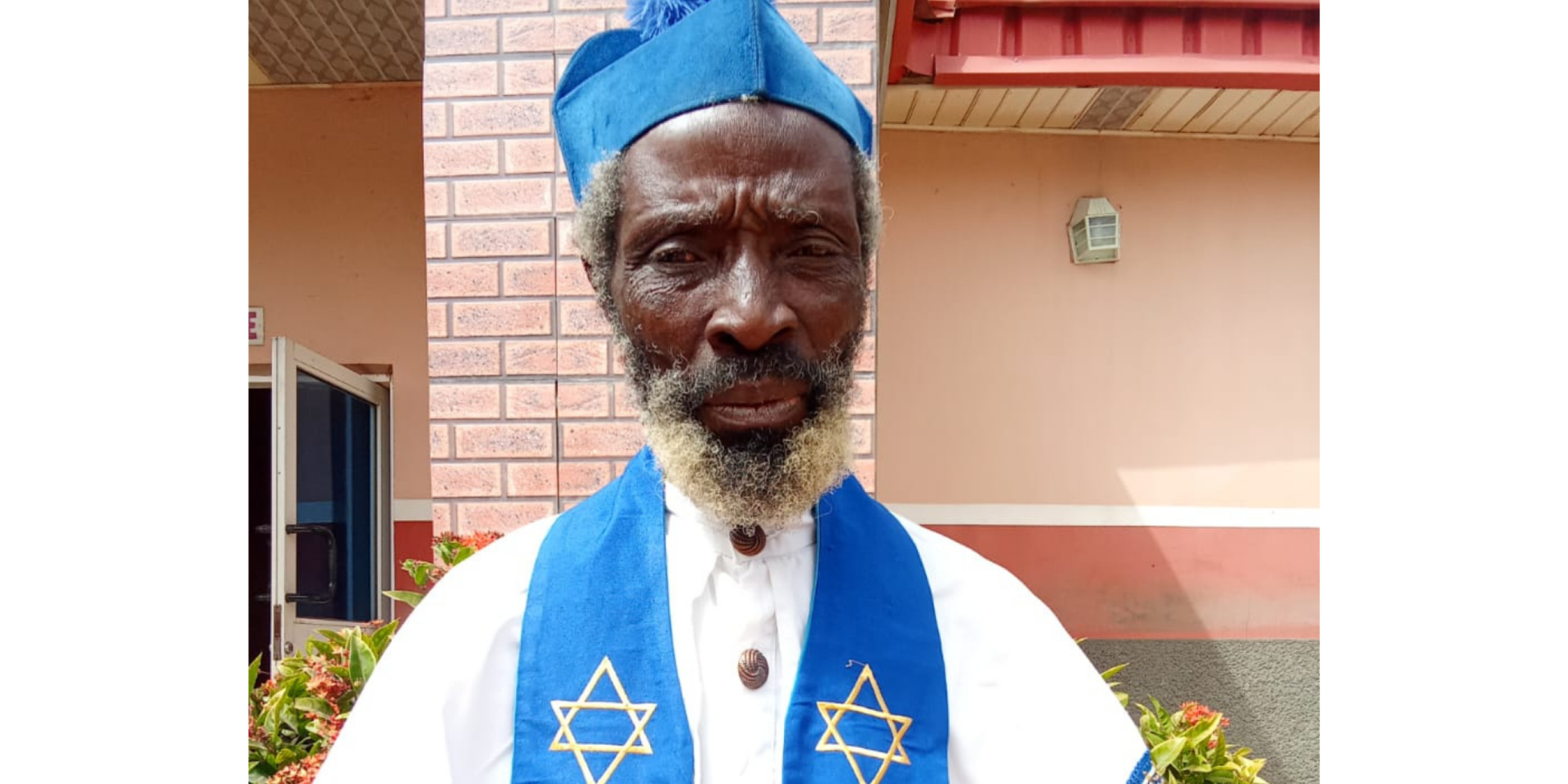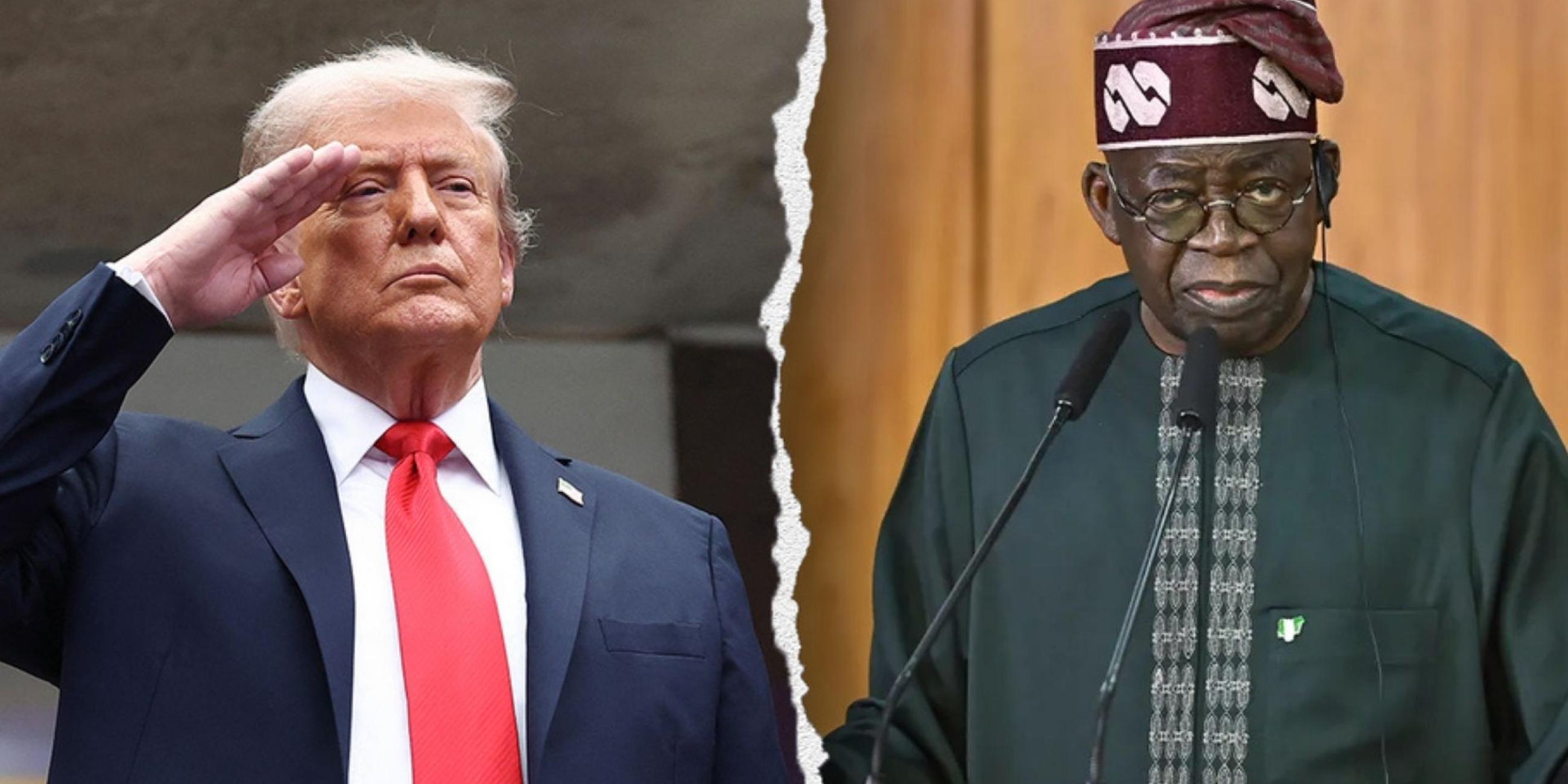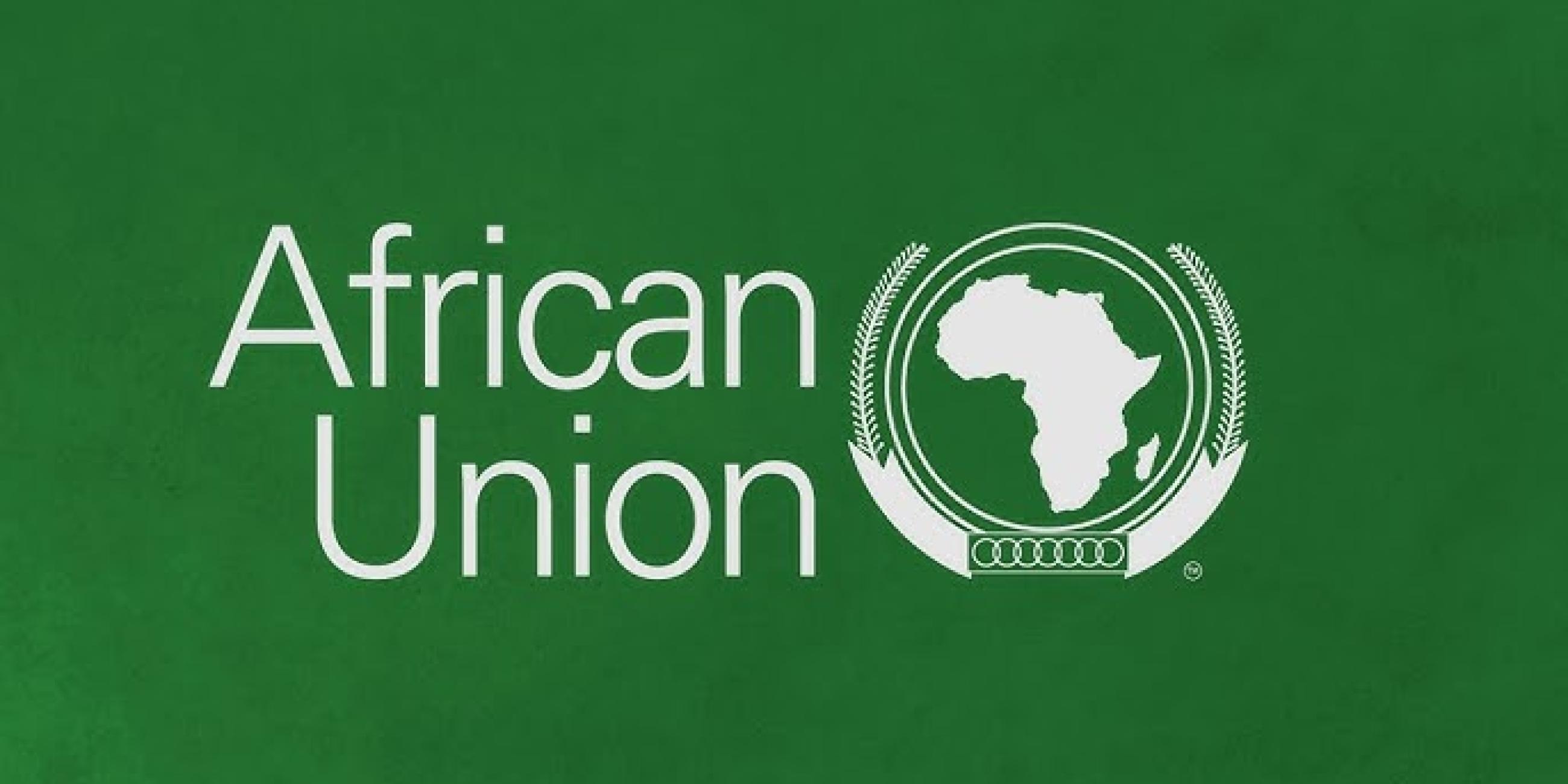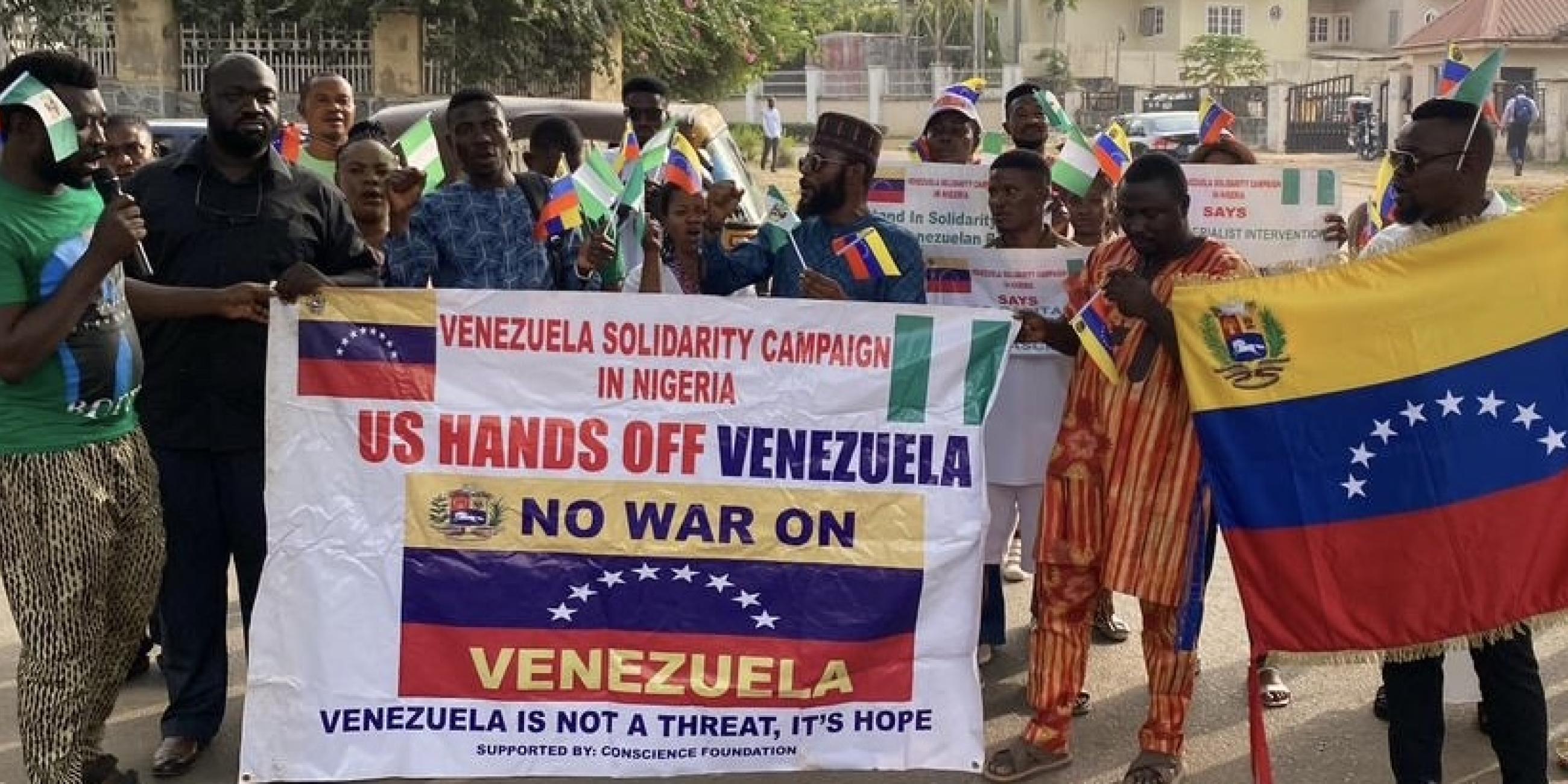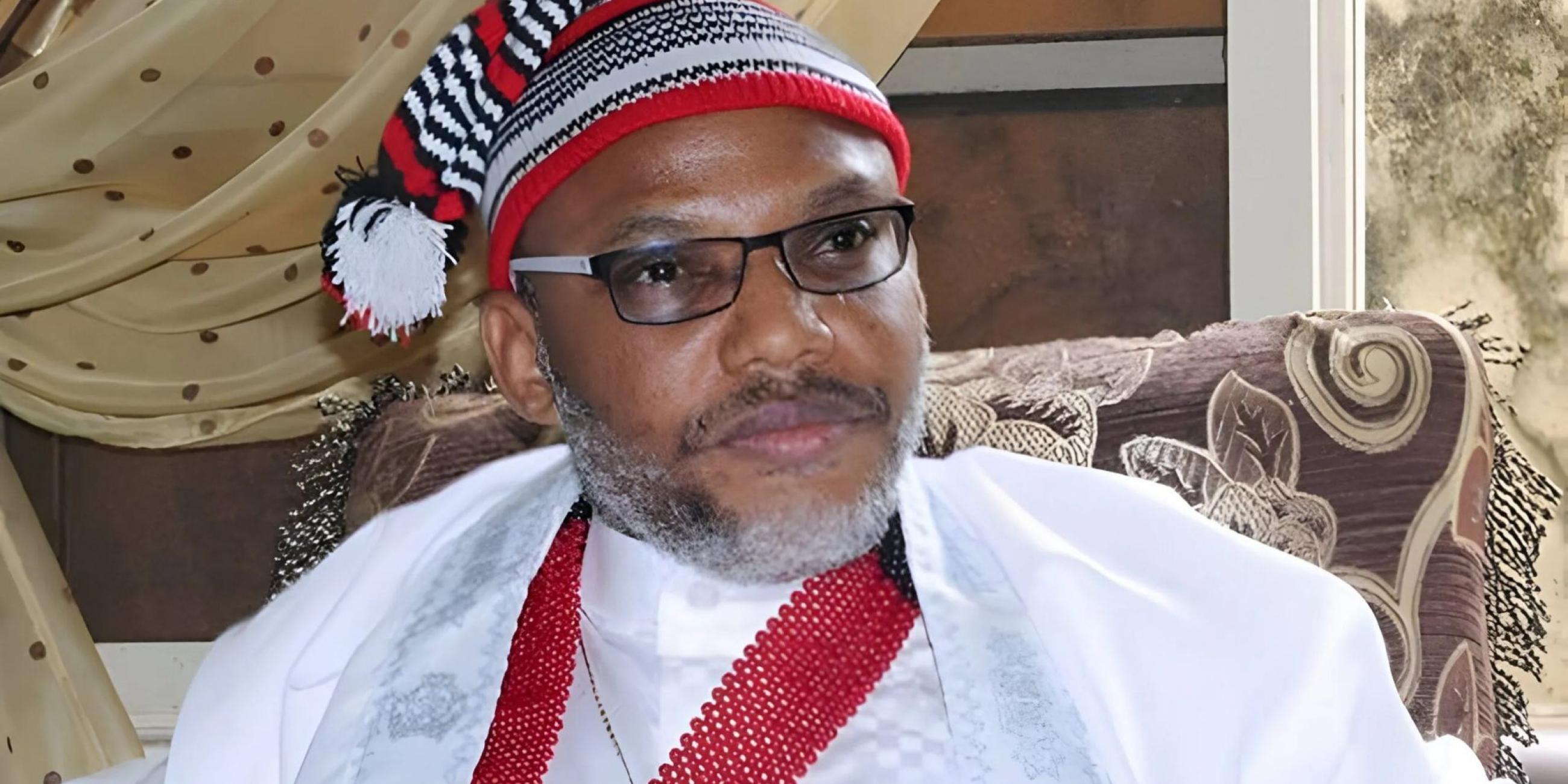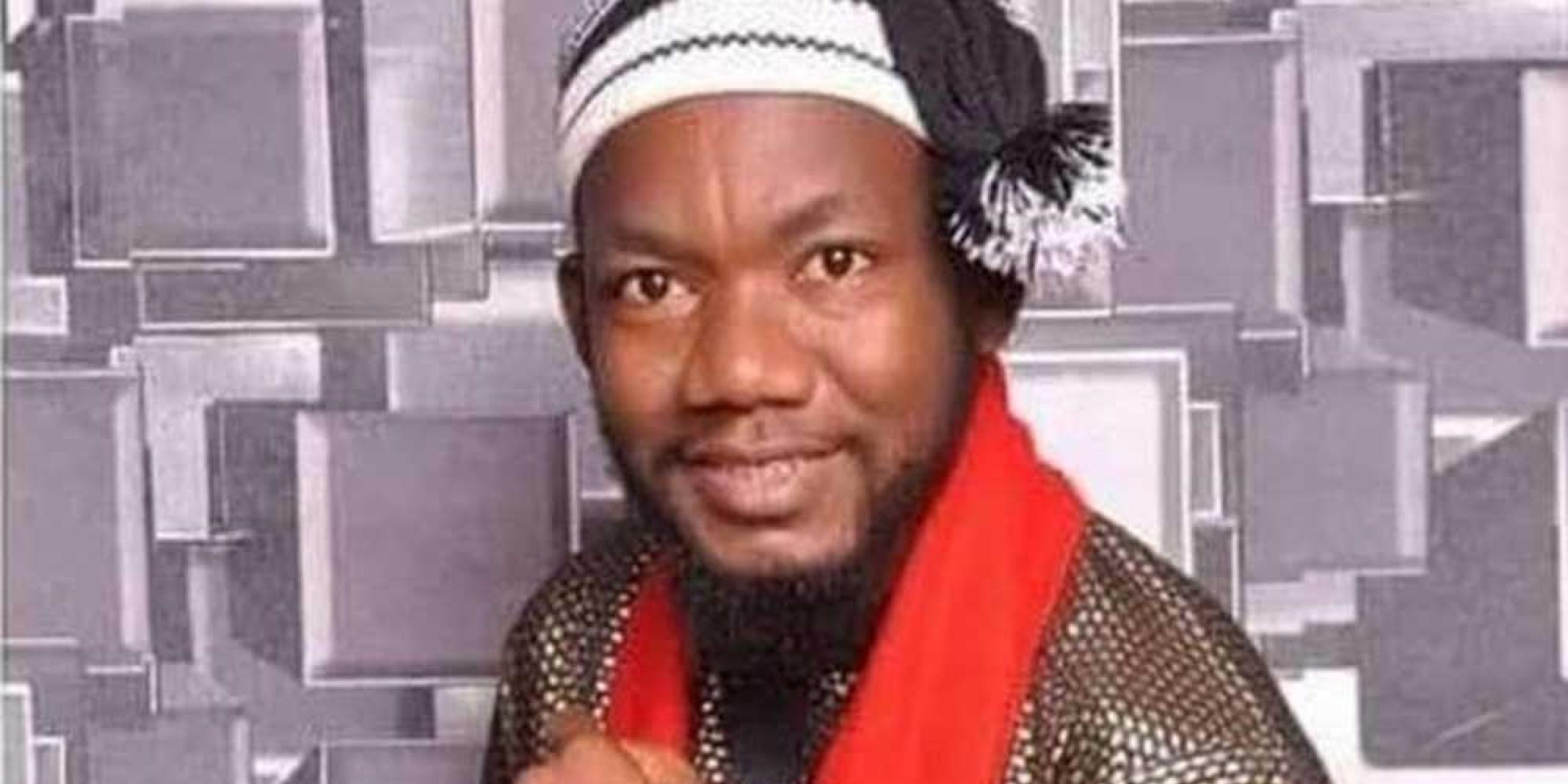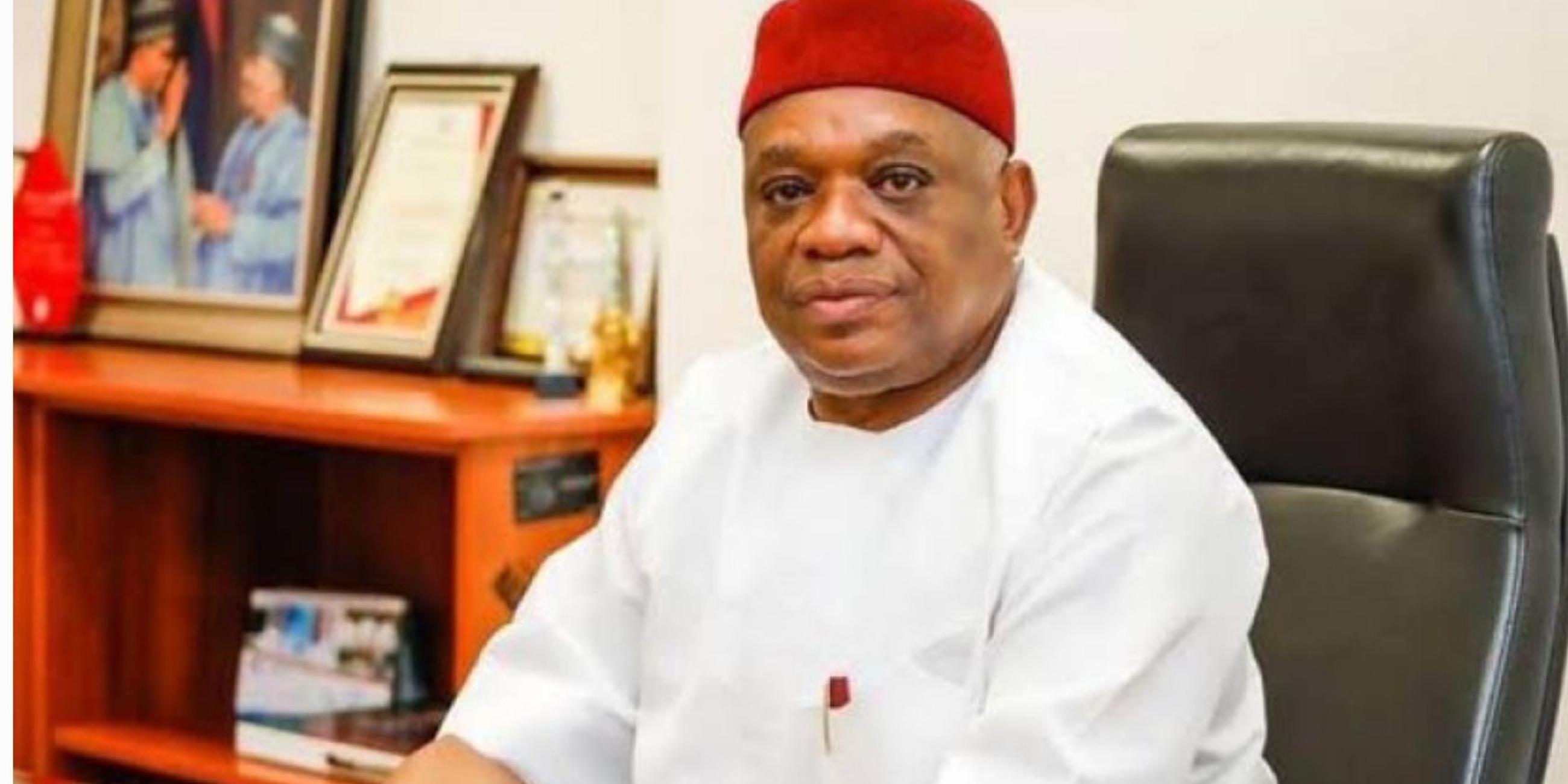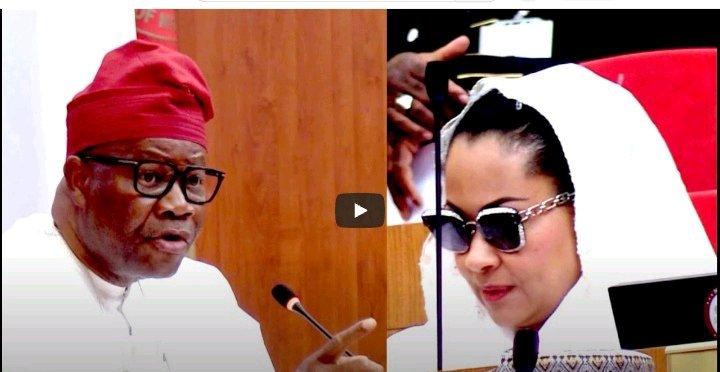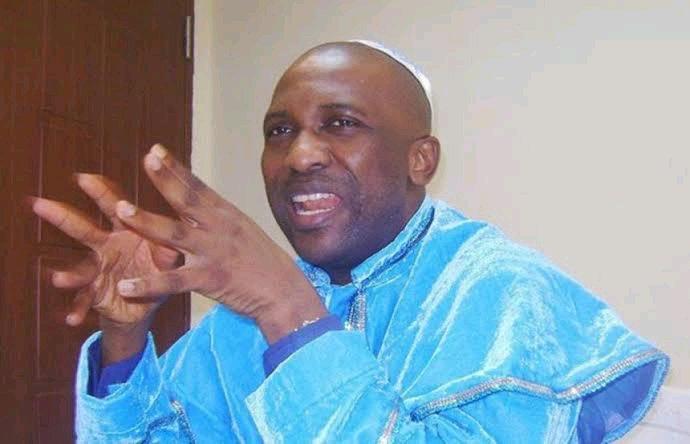Tinubu grants mass clemency to 175 Nigerians including Herbert Macaulay , Mamman Vatsa, Ogoni Nine, and Farouk Lawan.
President Bola Tinubu extends historic pardons to national icons, ex-lawmakers, and long-serving inmates — sparking debate over justice, mercy, and selective forgiveness.
In a landmark exercise of presidential clemency, President Bola Ahmed Tinubu has approved the pardon of 175 Nigerians, including posthumous exonerations for Herbert Macaulay, Major General Mamman Jiya Vatsa, and the Ogoni Nine, alongside amnesty for several living convicts such as former lawmaker Farouk Lawan.
The decision, endorsed by the National Council of State in Abuja, was made public through a State House statement issued on Wednesday by Presidential Adviser Bayo Onanuga.
Among the pardoned historical figures, Herbert Macaulay—Nigeria’s founding nationalist and co-founder of the National Council of Nigeria and the Cameroons (NCNC)—was posthumously cleared of his 1913 colonial conviction, which barred him from public service. Mamman Vatsa, a poet and general executed in 1986 for alleged treason, also received a symbolic national pardon nearly four decades later.
Equally significant is the posthumous pardon of the Ogoni Nine, led by environmental activist Ken Saro-Wiwa, whose 1995 execution by the military regime sparked global outrage. Their rehabilitation comes with national honours awarded to four other Ogoni elders for their advocacy and sacrifice.
The list of pardoned individuals includes:
Farouk Lawan, convicted for bribery while chairing the House fuel subsidy probe,
Nweke Francis Chibueze, a convicted drug trafficker,
Dr. Nwogu Peters, jailed for fraud,
Mrs. Anastasia Daniel Nwaobia, Barr. Hussaini Umar, and Ayinla Saadu Alanamu, among others.
According to the PACPM’s report, 175 beneficiaries met the criteria of old age, ill health, good conduct, rehabilitation, or remorse during long-term imprisonment.
However, the decision has ignited public debate. Activist Omoyele Sowore criticized the clemency list, accusing President Tinubu of “forgiving political criminals while keeping Mazi Nnamdi Kanu behind bars despite court rulings in his favour.”
Sowore wrote on X (formerly Twitter):
“Criminals and political thieves are forgiven, celebrated, and rehabilitated, while a man demanding self-determination remains unjustly detained.”
The presidency, however, insists the move aligns with Nigeria’s constitutional commitment to mercy, justice reform, and national healing.
Tinubu grants mass clemency to 175 Nigerians including Herbert Macaulay , Mamman Vatsa, Ogoni Nine, and Farouk Lawan.
President Bola Tinubu extends historic pardons to national icons, ex-lawmakers, and long-serving inmates — sparking debate over justice, mercy, and selective forgiveness.
In a landmark exercise of presidential clemency, President Bola Ahmed Tinubu has approved the pardon of 175 Nigerians, including posthumous exonerations for Herbert Macaulay, Major General Mamman Jiya Vatsa, and the Ogoni Nine, alongside amnesty for several living convicts such as former lawmaker Farouk Lawan.
The decision, endorsed by the National Council of State in Abuja, was made public through a State House statement issued on Wednesday by Presidential Adviser Bayo Onanuga.
Among the pardoned historical figures, Herbert Macaulay—Nigeria’s founding nationalist and co-founder of the National Council of Nigeria and the Cameroons (NCNC)—was posthumously cleared of his 1913 colonial conviction, which barred him from public service. Mamman Vatsa, a poet and general executed in 1986 for alleged treason, also received a symbolic national pardon nearly four decades later.
Equally significant is the posthumous pardon of the Ogoni Nine, led by environmental activist Ken Saro-Wiwa, whose 1995 execution by the military regime sparked global outrage. Their rehabilitation comes with national honours awarded to four other Ogoni elders for their advocacy and sacrifice.
The list of pardoned individuals includes:
Farouk Lawan, convicted for bribery while chairing the House fuel subsidy probe,
Nweke Francis Chibueze, a convicted drug trafficker,
Dr. Nwogu Peters, jailed for fraud,
Mrs. Anastasia Daniel Nwaobia, Barr. Hussaini Umar, and Ayinla Saadu Alanamu, among others.
According to the PACPM’s report, 175 beneficiaries met the criteria of old age, ill health, good conduct, rehabilitation, or remorse during long-term imprisonment.
However, the decision has ignited public debate. Activist Omoyele Sowore criticized the clemency list, accusing President Tinubu of “forgiving political criminals while keeping Mazi Nnamdi Kanu behind bars despite court rulings in his favour.”
Sowore wrote on X (formerly Twitter):
“Criminals and political thieves are forgiven, celebrated, and rehabilitated, while a man demanding self-determination remains unjustly detained.”
The presidency, however, insists the move aligns with Nigeria’s constitutional commitment to mercy, justice reform, and national healing.





